 Where should we deliver your order?
Where should we deliver your order?Filters
Clear

Price Range
Ayurvedic Medicine For High Bp And Hypertension
Health Concerns








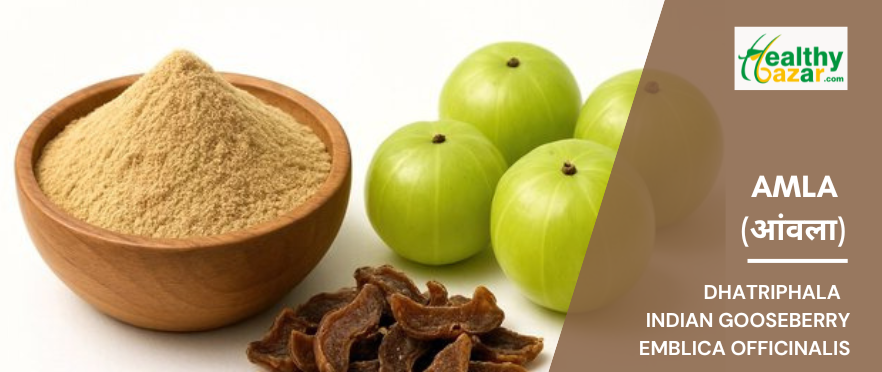 Herbal remedies
Herbal remediesAmla (Phyllanthus emblica) - The Tridoshic Rejuvenator
 HealthyBazar AuthorFeb 27, 2026
HealthyBazar AuthorFeb 27, 2026 Herbal remedies
Herbal remediesAloe Vera (Aloe barbadensis) - The Cooling, Nourishing Miracle
 HealthyBazar AuthorFeb 27, 2026
HealthyBazar AuthorFeb 27, 2026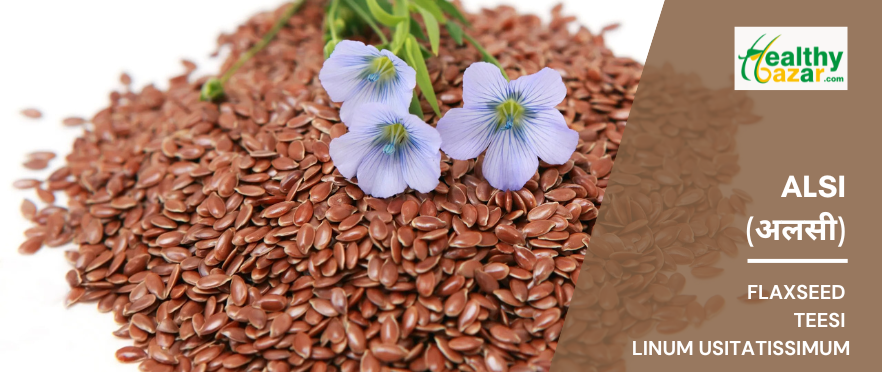 Herbal remedies
Herbal remediesAlsi (Flaxseed, Linum usitatissimum) - The Humble Seed Loaded with Goodness
 HealthyBazar AuthorFeb 27, 2026
HealthyBazar AuthorFeb 27, 2026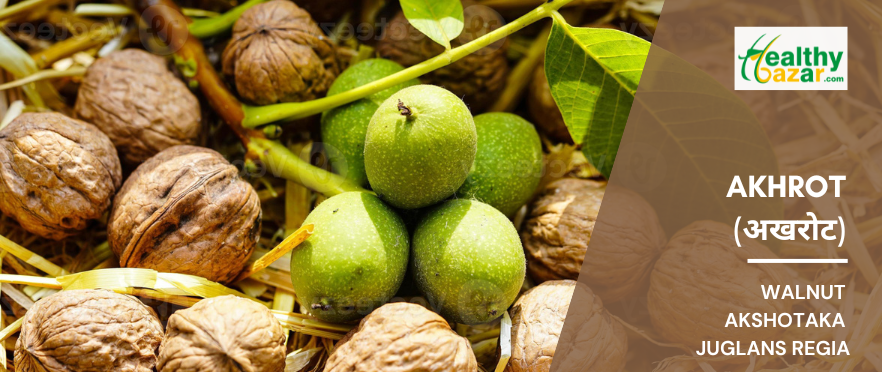 Herbal remedies
Herbal remediesAkhrot (Walnut, Juglans regia) - The Brain-Shaped Nut with Brains
 HealthyBazar AuthorFeb 27, 2026
HealthyBazar AuthorFeb 27, 2026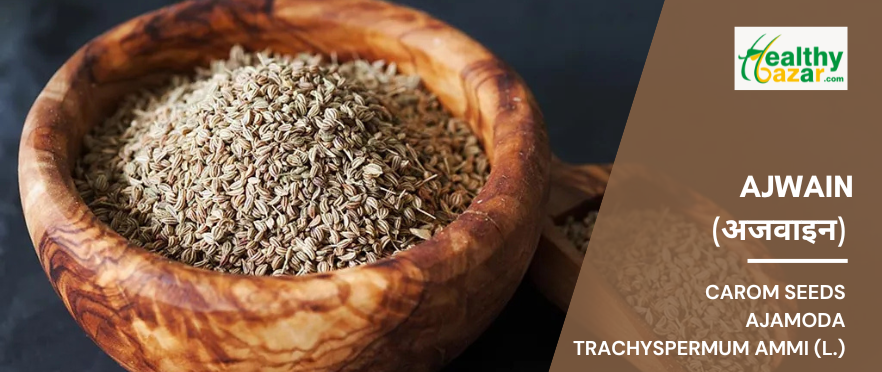 Herbal remedies
Herbal remediesAjwain (Trachyspermum ammi) - The Potent Digestive Seed
 HealthyBazar AuthorFeb 27, 2026
HealthyBazar AuthorFeb 27, 2026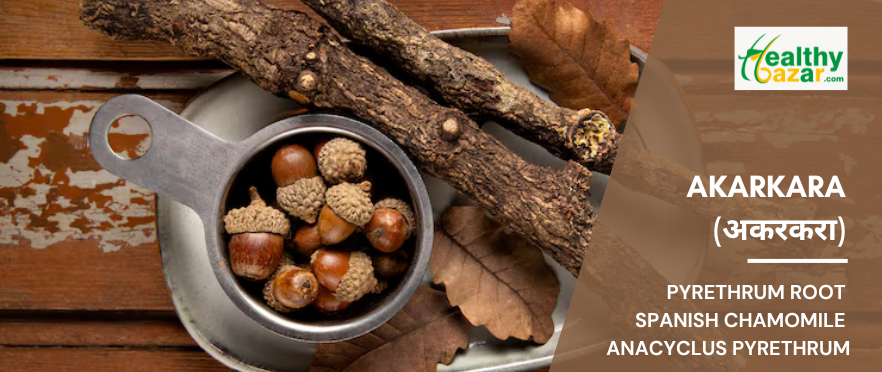 Sexual wellness
Sexual wellnessAkarkara (Anacyclus pyrethrum) – The Multidimensional Ayurvedic Root
 HealthyBazar AuthorFeb 27, 2026
HealthyBazar AuthorFeb 27, 2026 Diet and Lifestyle
Diet and LifestyleAPAMARGA / CHIRCHITA (Achyranthes aspera)
 HealthyBazar AuthorFeb 27, 2026
HealthyBazar AuthorFeb 27, 2026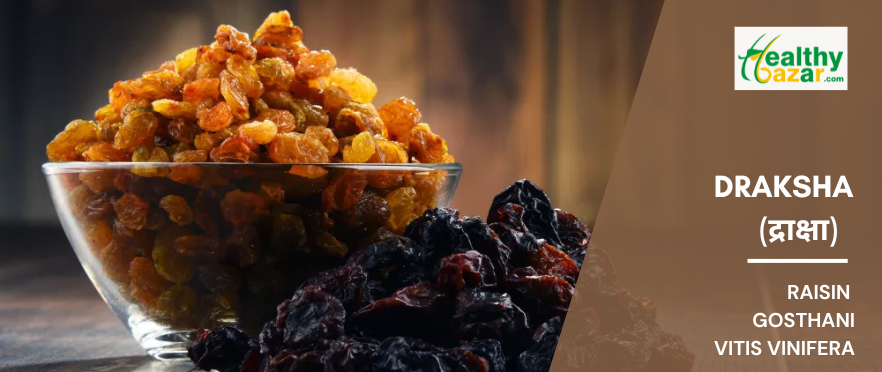 Health Concern
Health ConcernDraksha/ Angoor
 HealthyBazar AuthorFeb 27, 2026
HealthyBazar AuthorFeb 27, 2026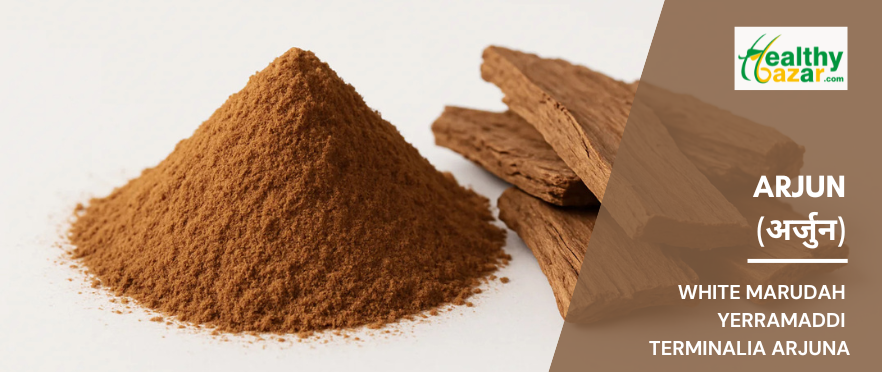 Health Concern
Health ConcernArjuna (Terminalia arjuna)
 HealthyBazar AuthorFeb 27, 2026
HealthyBazar AuthorFeb 27, 2026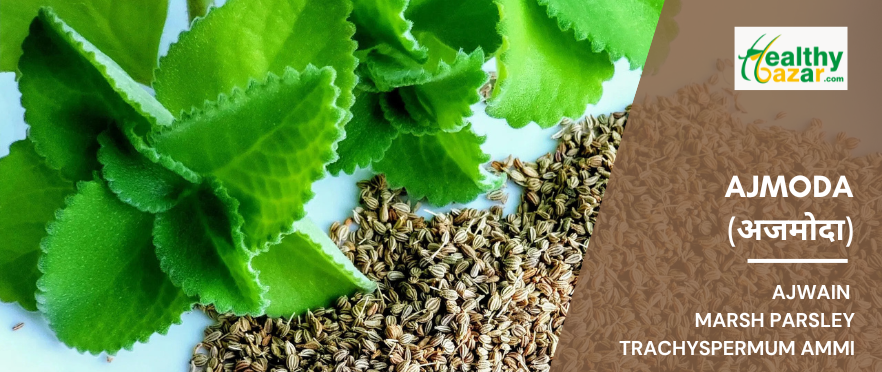 Diet and Lifestyle
Diet and LifestyleAjmoda (Carum roxburghianum / Apium leptophyllum) - The Fiery Digestive Herb
 HealthyBazar AuthorFeb 27, 2026
HealthyBazar AuthorFeb 27, 2026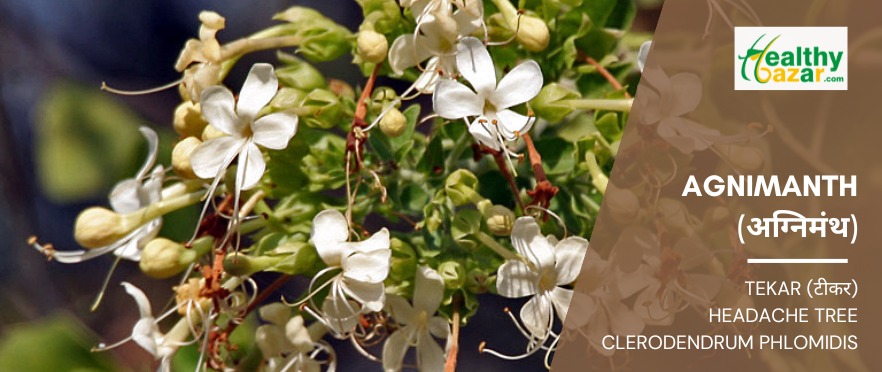 Herbal remedies
Herbal remediesAgnimantha - Master Tonic from the Dashamoola Family
 Dr. Chitranshu SaxenaFeb 27, 2026
Dr. Chitranshu SaxenaFeb 27, 2026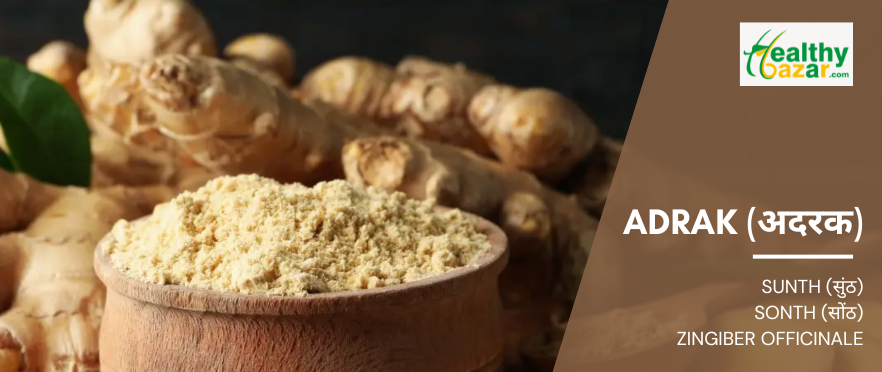 Herbal remedies
Herbal remediesAdrak (Zingiber officinale)
 Dr. Shivani NautiyalFeb 27, 2026
Dr. Shivani NautiyalFeb 27, 2026What is High Blood Pressure (Hypertension)?
High blood pressure, or hypertension, occurs when the force of blood against artery walls is consistently too high. It can lead to severe health issues, including heart disease, stroke, and kidney problems. In Ayurveda, hypertension is primarily linked to an imbalance in the Pitta and Vata doshas, aggravated by stress, poor diet, lack of exercise, and toxin buildup in the body.
How Can Ayurveda Help Manage High BP Naturally?
Ayurveda approaches blood pressure management holistically, focusing on balancing the doshas, improving circulation, reducing stress, and detoxifying the body. Ayurvedic remedies include herbs, dietary changes, lifestyle modifications, and therapeutic practices to help regulate blood pressure naturally without side effects.
Benefits of Ayurvedic Medicine for Blood Pressure Control
- Balances Doshas: Ayurvedic treatments restore harmony among Vata, Pitta, and Kapha for stable blood pressure.
- Improves Heart Health: Strengthens cardiovascular function and enhances blood circulation.
- Reduces Stress and Anxiety: Herbal adaptogens and therapies help calm the nervous system.
- Supports Kidney Function: Detoxifies the body, reducing strain on the kidneys.
- Safe for Long-Term Use: Natural remedies are non-habit forming and free from harmful chemicals.
Explore the Best Ayurvedic Remedies for High BP
Ayurvedic Tablets and Powders for Blood Pressure Management
- Sarpagandha Tablets: Traditionally used to regulate high blood pressure and calm the nervous system.
- Arjuna Powder: Supports heart function and improves blood circulation.
- Ashwagandha Tablets: Helps manage stress-related hypertension by reducing cortisol levels.
Ayurvedic Herbal Teas and Tonics for Heart Health
- Brahmi and Tulsi Tea: Reduces stress and promotes relaxation.
- Hibiscus Tea: Known to lower blood pressure and improve cardiovascular health.
- Punarnava Tonic: Supports kidney function and helps in fluid balance.
How Ayurvedic Remedies Work to Regulate Blood Pressure Naturally
- Calms the Nervous System: Herbs like Ashwagandha and Brahmi help reduce anxiety and stress-related hypertension.
- Improves Circulation: Ayurvedic medicines enhance blood flow and support heart function.
- Detoxifies the Body: Cleanses toxins that contribute to arterial stiffness and hypertension.
- Balances Fluid Levels: Regulates kidney function to prevent water retention and swelling.
- Strengthens the Heart: Arjuna and Punarnava support cardiovascular health for stable blood pressure.
Lifestyle and Dietary Tips to Control High BP with Ayurveda
- Follow a Pitta-Balancing Diet: Reduce spicy, salty, and fried foods; include cooling and hydrating foods.
- Exercise Regularly: Engage in yoga, walking, and light physical activities to enhance circulation.
- Practice Meditation & Breathing Exercises: Deep breathing (Pranayama) helps calm the nervous system.
- Stay Hydrated: Drink plenty of water and herbal teas to flush out toxins.
- Limit Caffeine & Alcohol: These can aggravate blood pressure and increase stress levels.
Frequently Asked Questions
Q1: What are the main causes of high blood pressure according to Ayurveda?
Imbalances in Pitta and Vata doshas, stress, poor diet, toxin buildup, and lack of physical activity contribute to hypertension.
Q2: Which Ayurvedic herbs are best for controlling high BP?
Sarpagandha, Arjuna, Ashwagandha, Brahmi, and Punarnava are effective for blood pressure regulation.
Q3: Can Ayurvedic medicine help reduce dependency on allopathic BP medications?
Ayurvedic remedies can support BP management naturally, but any changes to allopathic medication should be done under medical supervision.
Q4: How long does it take to see results with Ayurvedic treatments for high BP?
Results vary, but noticeable improvements can be seen within 4–8 weeks with consistent use and lifestyle changes.
Q5: Are Ayurvedic remedies for high blood pressure safe for long-term use?
Yes, Ayurvedic treatments are natural, safe, and free from harmful side effects when used correctly.
















